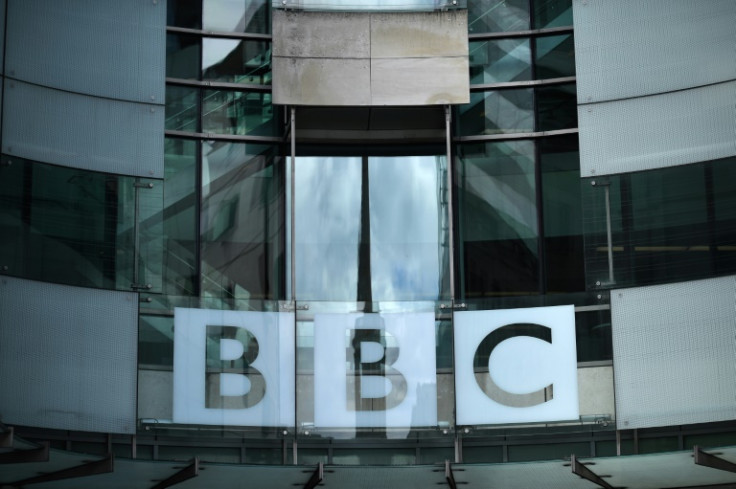UK To Raise BBC Licence Fee After Two-year Freeze

The UK government announced Thursday that the BBC licence fee will rise after a two-year freeze, but the broadcaster indicated the increase would not be enough to ward off further cuts.
The annual household payment, which provides most of the BBC's funding, will go up to GBP169.50 ($213) from GBP159 starting in April 2024, the Department for Culture, Media and Sport said.
The government froze the fee for two years in January 2022 and had been expected to increase it by 9.0 percent next year.
But Culture Secretary Lucy Frazer said the new rate would instead rise by September's inflation rate, which was 6.7 percent.
"This is a fair deal that provides value for money for the licence fee payer while also ensuring that the BBC can continue to produce world-leading content," she said.
Frazer also announced a review into the licence fee that will look at alternative methods of funding, with findings expected next autumn.
The fee funds BBC television, radio and online services as well as programming, many of which are exported commercially worldwide.
Supporters maintain it provides excellent value for money, and a range of services from news and current affairs to wildlife documentaries, children's output, drama and music.
But critics, including rival commercial broadcasters, have long complained that its guaranteed funding model, which criminalises non-payers, is unfair.
Thursday's announcements come as the BBC faces increased funding pressure.
The corporation is currently looking to make GBP500 million in savings and recently announced cutbacks to its flagship "Newsnight" political programme.
It warned that the fear increase "will still require further changes on top of the major savings that we are already delivering".
"Our content budgets are now impacted, which in turn will have a significant impact on the wider creative sector across the UK," the BBC board said in a statement.
The BBC has come under increasing claims from right-wingers since the UK's divisive Brexit referendum in 2016 of political bias and pushing a "woke", London-centric liberal agenda.
But the public service broadcaster, founded by Royal Charter and operating independently of government, has faced similar accusations of bias from the political left.
© Copyright AFP 2025. All rights reserved.





















